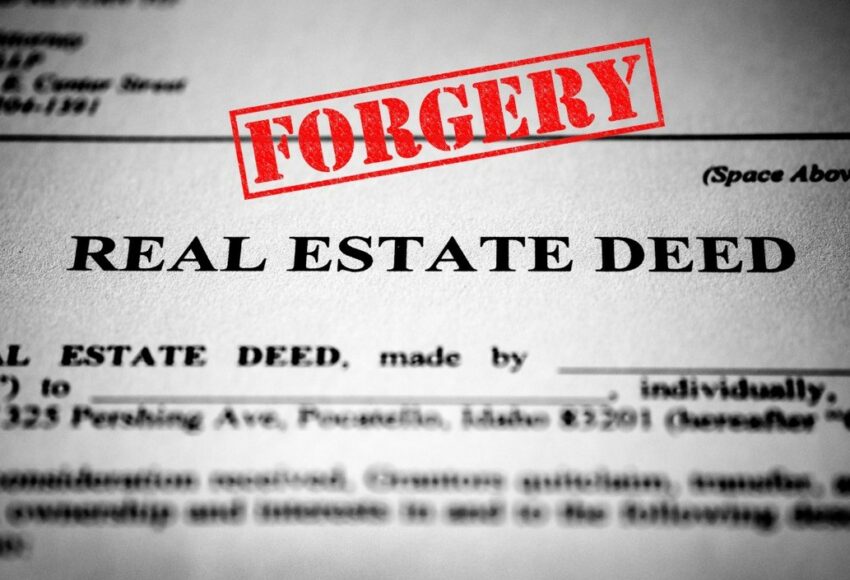Real estate transactions rarely go exactly as planned. When the property in question has been owned and renovated by the real estate agent, and the buyer is a close friend, the transaction could be expected to proceed smoothly. In every real estate transaction, the agent’s duty of care is paramount to ensuring a legal and equitable outcome. Unfortunately, this wasn’t the case for a transaction in Pennsylvania; the property purchase was fraught with issues and has resulted in a lawsuit filed by the buyer against the real estate agency and the agent behind the home sale.
The Claim
In 2018, a real estate agent/home renovation contractor purchased a residence in Pennsylvania. Significant renovation work commenced, including adding a new bedroom, a first-floor addition with a bathroom, and a section of new roofing. The following year, this individual put the renovated home on the market. The agent was contacted by a longtime friend – a friend who had in fact served as the agent’s maid of honor at her wedding. The friend (the plaintiff in the lawsuit) was interested in buying the home, and the two parties entered into an agreement of sale in May 2019.
Not long after purchasing the home, the plaintiff began to discover a host of issues with the home. Some of the problems represented potential health risks for the plaintiff, and included:
- Poor materials and construction of exterior and interior walls, subflooring, chimney, and roofing.
- Plumbing problems such as broken sewer lines and inadequate piping runs for the new addition.
- Pervasive growth of black mold due to moisture leaking into the structure.
- Crumbling and dampness of interior walls on the first floor.
- Water damage to chimney, leading to dangerous deterioration of the brick lining.
The plaintiff believed she has been misled during the transaction and that the agent’s renovation was done poorly and without permitting. She filed suit in a Pennsylvania court. The lawsuit alleges five counts against the defendants (the real estate agent/renovator and a realty agency, to which the agent was affiliated). The five counts are:
- Count 1: Fraudulent and intentional misrepresentation
- Count 2: Negligent misrepresentation
- Count 3: Negligent construction
- Count 4: Violation of Real Estate Disclosure Law
- Count 5: Violation of unfair trade practices and consumer protection laws
The lawsuit seeks to recover substantial assets from the defendants, including an award in excess of $80,000 plus pre-judgement interest, damages, attorney fees, and court costs.
What Went Wrong
As stated at the beginning of this case review, a real estate agent is bound by a duty of care to provide adequate representation of the factors behind a property transaction. In this Pennsylvania case, the agent is alleged to have not honored this duty. From the initial “lipstick on pig” renovation performed by the agent, which was allegedly done without permitting, quality materials, or competent workmanship to disclosures during and after the sale, the agent failed in his duties. Under limited circumstances, a real estate agent could claim that they were not aware of deficiencies in a structure, as they were not responsible for completing renovations. However, in this case, the agent was also the person directly and personally responsible for alleged shoddy workmanship and materials. In other words, the agent cannot claim ignorance of issues. This duty of care was further breached when the agent allegedly concealed certain facts, such as water intrusion in the chimney and walls, refusal to install a protective rain cap on the chimney, and the continual complaints from a rental tenant prior to sale about a strong odor of mildew inside the structure. This lawsuit is a cautionary tale for agents who also renovate homes: it is imperative to not only disclose material facts to buyers but to represent the property and its issues accurately throughout a real estate transaction.
Interested in PBI Group generating an E&O insurance quote for your real estate agency? Click here.






